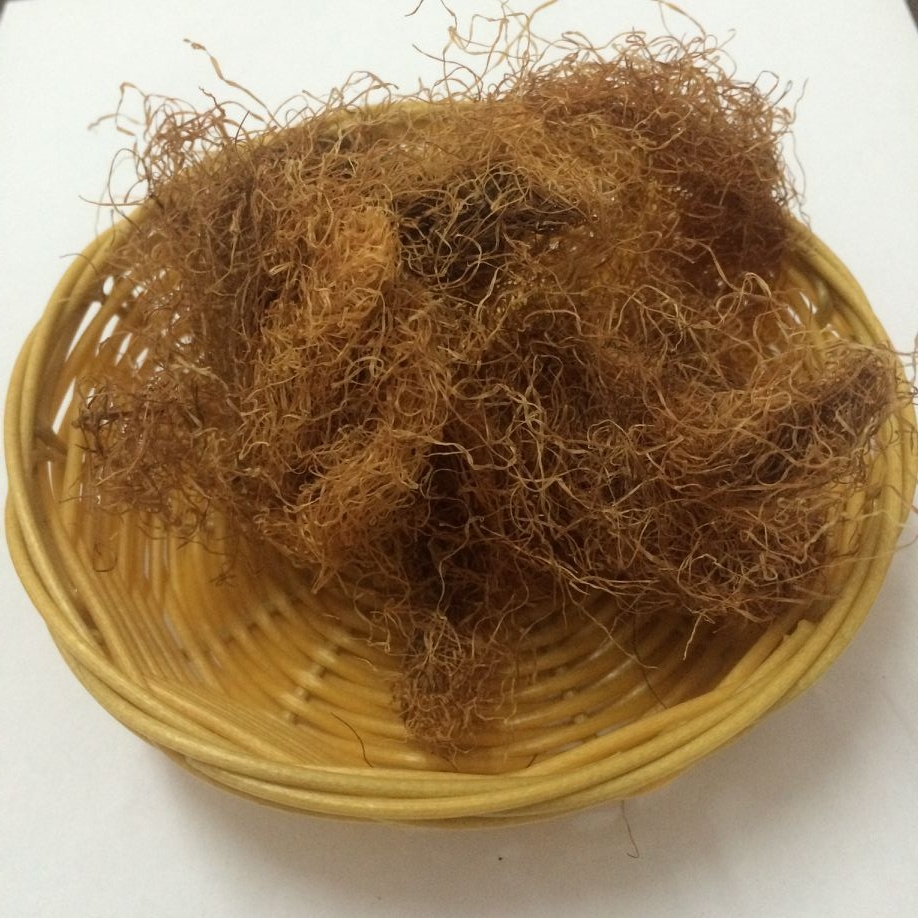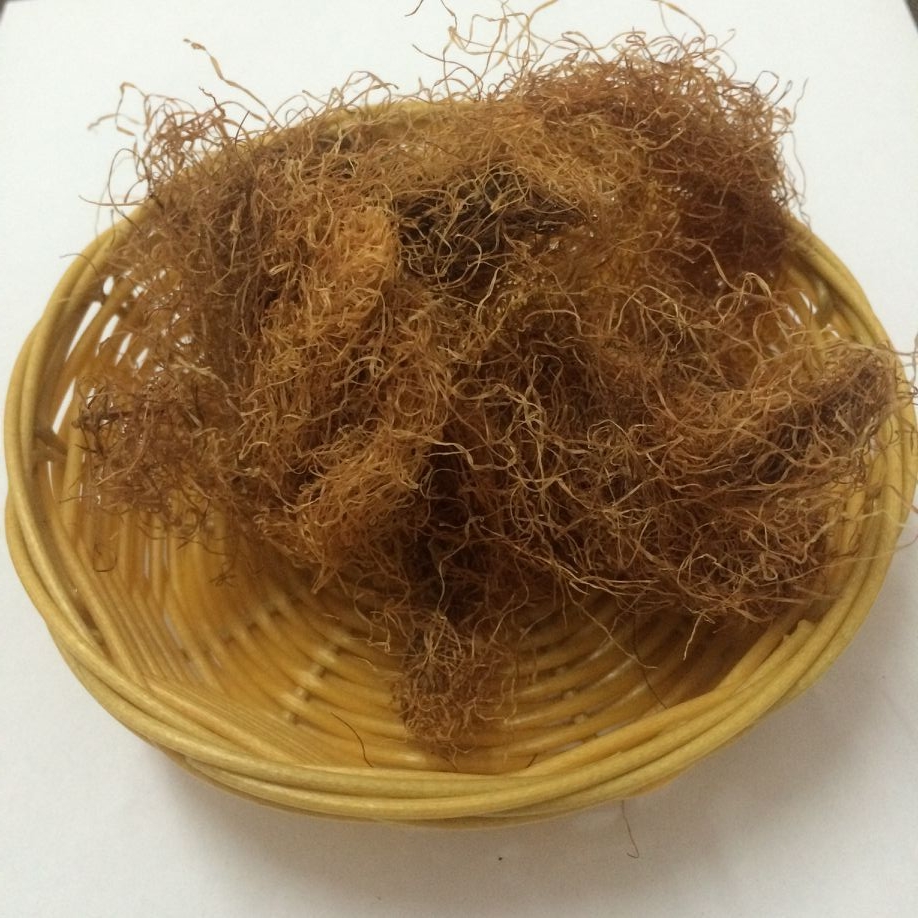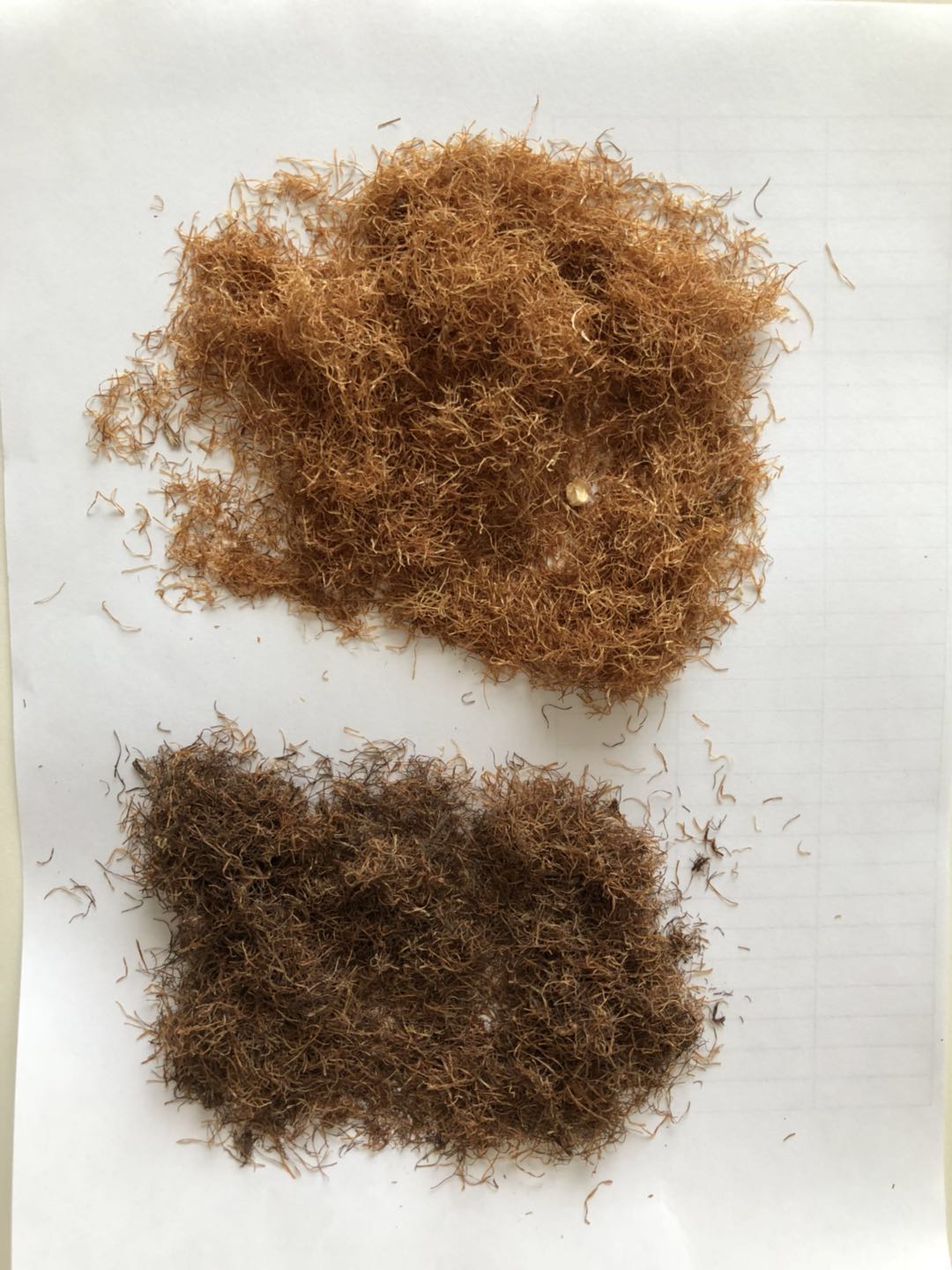
Corn silk, also known as corn beard or stigmata maydis, is the delicate, thread-like strands that grow from the top of a corn ear where the kernels are attached. These soft, golden filaments are part of the corn plant's reproductive system and serve to catch airborne pollen for fertilization.
In addition to their functional role in the pollination process, corn silk has also been used in traditional medicine and as a herbal remedy. Here are some aspects of corn silk:
Medicinal Uses: Corn silk is traditionally believed to have diuretic properties, meaning it can help promote urination. It is often used to treat urinary tract infections, bladder inflammation, and kidney stones. Some herbal practitioners also use it to manage high blood pressure and reduce swelling.
Nutrients: Corn silk contains several beneficial compounds including vitamins, minerals, and antioxidants. It is a source of vitamin C, vitamin K, and pantothenic acid, as well as minerals like magnesium, manganese, and potassium.
Culinary Uses: Although not a common ingredient in Western cuisine, corn silk is sometimes used in teas and infusions. It can be brewed fresh or dried to make a light, flavorful herbal tea.
Gardening: For gardeners, corn silk is a sign that the corn is maturing. The fresh silks emerging from the tip of the ear indicate that the corn is in the "silking" stage and is typically ready for harvest around 20 days after the silks appear fully brown and dry.
Cultural Significance: In some cultures, corn silk is associated with folklore and traditions related to corn farming and the cycle of growth.
Home Remedies: In households where natural remedies are preferred, corn silk might be used in conjunction with other herbs to support overall wellness, especially for issues related to fluid balance and the urinary system.
Scientific research on the medicinal properties of corn silk is limited, and most of the health benefits attributed to it are based on traditional uses rather than clinical evidence. As with any herbal remedy, individuals interested in using corn silk should consult with a healthcare professional to ensure safety and avoid potential interactions with medications or existing health conditions.








